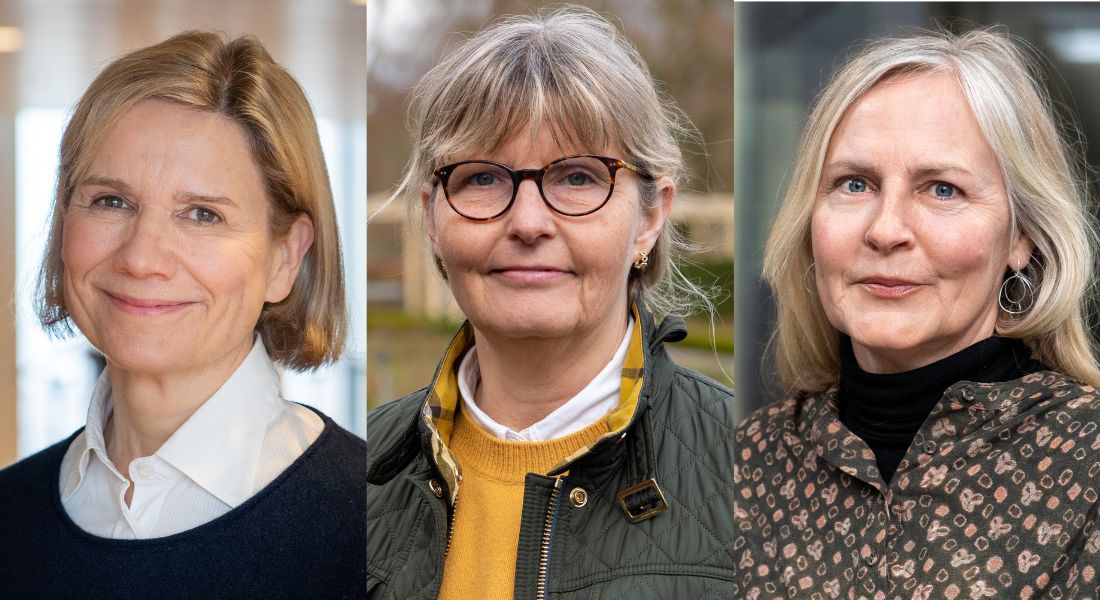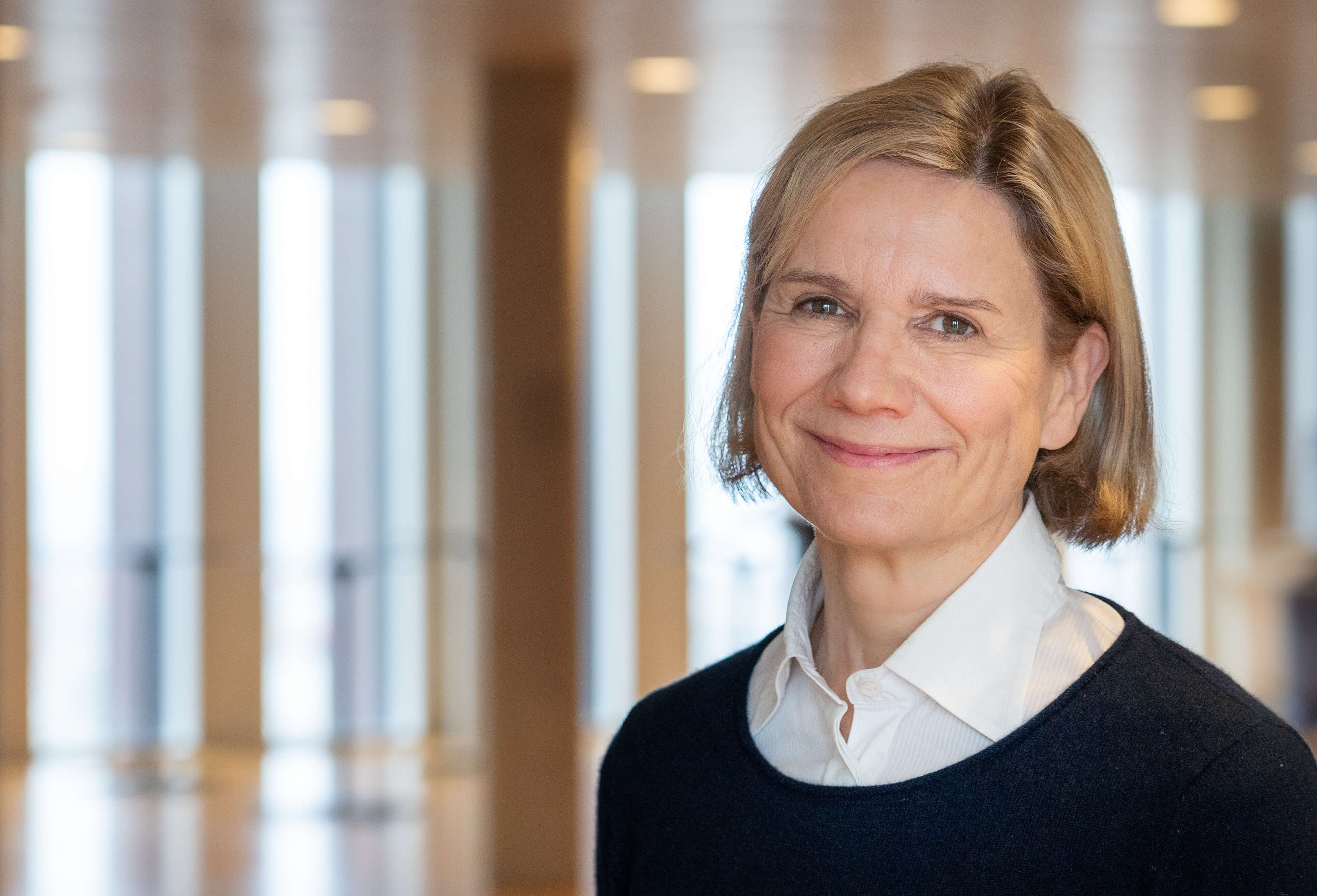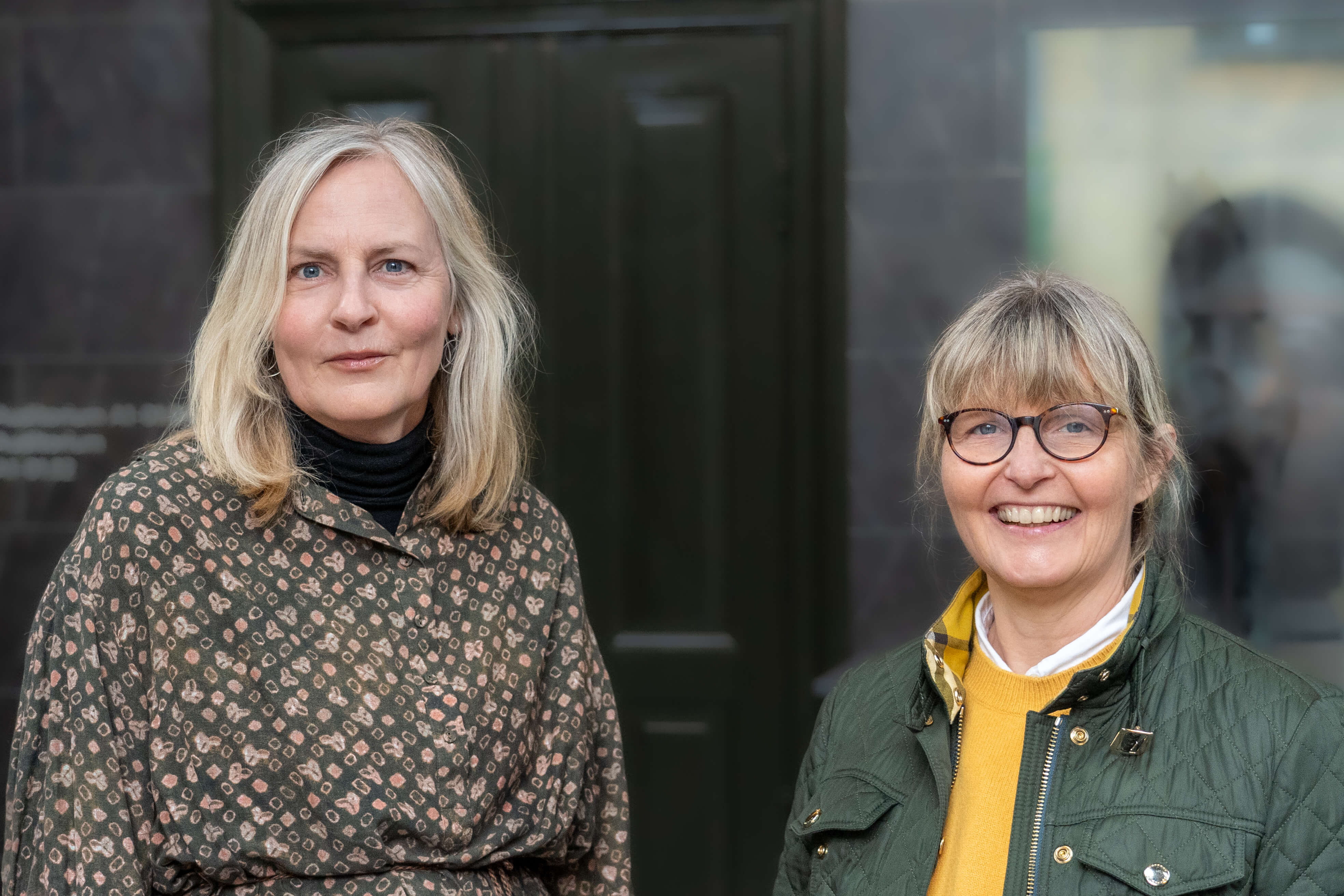Young talents to strengthen research into antibiotic resistance and bone pain
Two SUND projects receive attractive MSCA Doctoral Networks grants for projects that shall help train PhD students in highly desirable areas of research.

The Faculty of Health and Medical Sciences has received funding for two new global PhD networks. The grants are part of the MSCA Doctoral Networks coordinator projects funded by the Marie Skłodowska-Curie programme.
At SUND, the new networks shall help specialise and train PhD students in, respectively, treating diseases that cause chronic pain and developing ways of avoiding antibiotic resistance, which is a huge problem globally.
Professor Anne-Marie Heegaard, Department of Drug Design and Pharmacology

The project enables Anne-Marie Heegaard together with her colleagues across Europe to continue the work of their previous doctoral networks researching new forms of treatment for patients with bone pain.
“I am extremely proud that we, for the third time, have been given this chance to establish a European network to strengthen research into bone pain and that we will be able to train young researchers within this important subject” says Anne-Marie Heegaard.
“The first networks helped us understanding the mechanisms behind bone pain. They mostly focussed on in vivo and in vitro models, whereas the new network will concentrate on the clinical relevance of these models,” she says.
Hopefully, this should help us identify new forms of treatment for patients with bone pain, e.g. caused by osteoarthritis, rheumatoid arthritis or cancer
More specifically, one of the objectives of the new network is to create a model resembling the environment found in the human body.
“Among other things, we will be working on highly advanced human in vitro models, seeking to recreate the environment of the knee or a cancer metastasis and the interaction between joint or cancer cells and sensory neurons. In addition, to increase the translational value of our research, we will be studying samples from patients suffering from bone pain and comparing the results to our in vivo and in vitro models, and we will be testing new forms of treatment on the models. Hopefully, this should help us identify new forms of treatment for patients with bone pain, e.g. caused by osteoarthritis, rheumatoid arthritis or cancer. However, the path from research to an approved drug is long,” Anne-Marie Heegaard concludes.
Professor Hanne Ingmer and Associate Professor Dorte Frees, Department of Veterinary and Animal Sciences

The funding gives Hanne Ingmer and Dorte Frees a chance to study antibiotic resistance.
"Pathogenic bacteria that have developed resistance to most antibiotics pose one of the greatest threats to human and animal health. The most successful classes of antibiotics kill bacteria by inhibiting synthesis of the bacterial cell wall," Hanne Ingmer and Dorte Frees say.
The purpose of CLEAR is to revisit the bacterial cell wall as a target for new antimicrobial agents and alternative treatments:
This gives us a unique opportunity to act on some of the bacteria that are currently challenging our health systems
"We propose that research into the basic mechanisms that make bacteria resistant to penicillin and other antibiotics targeting the cell wall can lead to the discovery of new combination treatments, where antibiotics are combined with helper-drugs that can restore bacterial sensitivity to these superior antibiotics, immunomodulatory agents that stimulate the immune system, or bacterial viruses that bind to the cell wall and kill bacteria,” they say.
"To achieve this goal, we have assembled a strong network of European researchers from universities and industry with complementary expertise in molecular biology, structural biology, screening technologies and pre-clinical testing. This gives us a unique opportunity to act on some of the bacteria that are currently challenging our health systems, such as antibiotic-resistant Staphylococcus aureus and Clostridium difficile and, thus, deliver new solutions that may be applicable in the near future."
Professor Anne-Marie Heegaard
amhe@sund.ku.dk
Professor Hanne Ingmer
hi@sund.ku.dk
Associate Professor Dorte Frees
df@sund.ku.dk
Journalist and Press Officer Sascha Kael Rasmussen
sascha.kael.rasmussen@sund.ku.dk
+45 93 56 51 68
